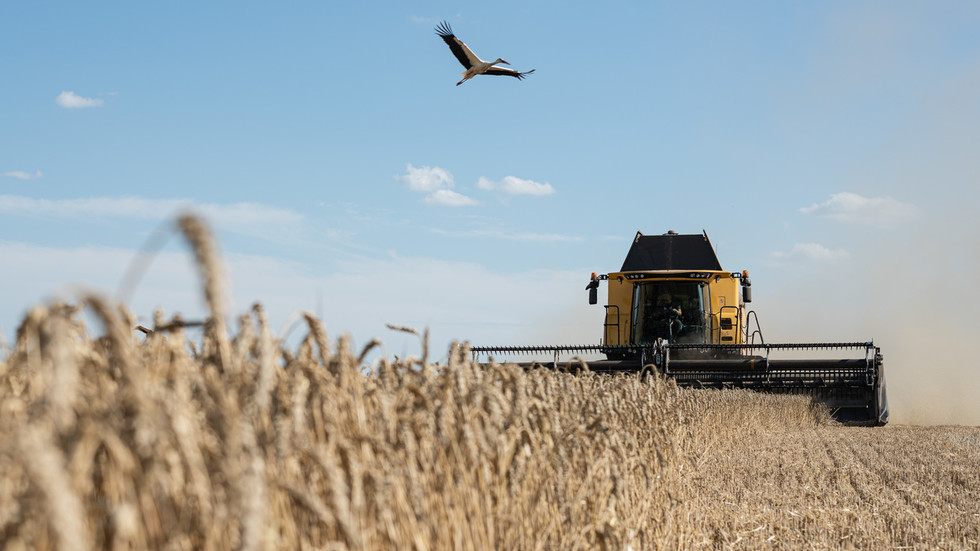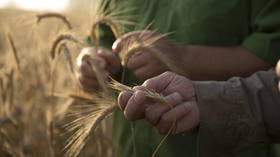
Guido Crosetto has warned that if poorer nations do not receive vital food supplies it could destabilize the region

FILE PHOTO © Getty Images / Alexey Furman
Italian Defense Minister Guido Crosetto has claimed that only a tiny fraction of Ukraine’s grain exports are going to Africa, contrary to the goals of the Black Sea Initiative, causing prices of staple foods on the continent to soar.
Speaking to the newspaper La Stampa news outlet on Friday, Crosetto was asked if the Ukrainian grain deal, which was recently suspended by Russia, could affect stability in North Africa. The minister replied by pointing out that “everything is connected and it is certainly an element of concern.”
“95 percent of exported Ukrainian grain does not go to Africa, and when those countries don’t have the supplies they need they look elsewhere, and inevitably the global prices rise, making it even more difficult for African nations to import. It is destabilizing regions that are already in difficulty, and this problem clearly also affects Europe,” Crosetto said.
Grain prices surged earlier this week after Russia announced the “termination” of the Türkiye and UN-brokered Black Sea Initiative.
Under the deal, which took effect in July 2022 and had been repeatedly extended since, Russia lifted its blockade of Ukrainian Black Sea ports to allow the export of Ukrainian grain to world markets. The agreement was also supposed to remove barriers to the export of Russian grain and fertilizer.

Read more
However, Moscow has insisted that none of the promises made to it under the agreement were kept, with President Vladimir Putin claiming last week that “not a single goal linked to the interests of the Russian Federation was met” and describing the deal as a “one-sided game.”
Russia has also repeatedly criticized the West for failing to use the grain deal for its original purpose – to avert famine in poorer countries. According to Moscow, the vast majority of agricultural goods that should have been delivered to poorer nations under the deal, including those in Africa, have still not reached them and have instead ended up in Europe.
Back in March, President Vladimir Putin also announced that if Russia were to suspend the Black Sea deal it would consider a plan to send “the entire volume [of grain] that was sent from Russia to African countries during the previous period” free of charge to countries in need.




